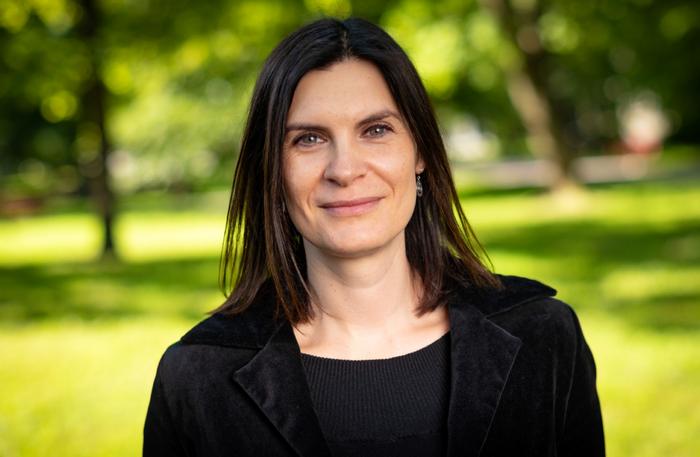The early treatment of obesity in children is effective in both the short and long term, researchers from Karolinska Institutet report in a study published in The International Journal of Obesity.

Credit: Mikael Wallerstedt
The early treatment of obesity in children is effective in both the short and long term, researchers from Karolinska Institutet report in a study published in The International Journal of Obesity.
The researchers followed over 170 young children in Sweden who had received treatment for diagnosed obesity. The children were recruited to the randomised controlled study when they were between four and six years old via children’s clinics in Region Stockholm.
The children and their parents were randomly assigned to one of three treatment conditions: standard treatment, parental support group, or parental support group with follow-up telephone support.
The children and parents in the standard treatment group had meetings focusing on diet and exercise with a doctor, paediatrician and/or dietician. The two parental support groups did not involve the children and focused on how the parents could promote healthy lifestyles in the family in a positive way and without conflict.
“Such conversations can centre on how to set boundaries, how to teach children new behaviours and how to communicate with preschools, grandmothers, neighbours and other adults in the children’s world,” says principal investigator Paulina Nowicka, Associate Professor in Pediatric Science at the Department of Clinical Science, Intervention and Technology, Karolinska Institutet, and professor of Food studies, nutrition and dietetics at Uppsala University.
After attending the parental support groups, half of the participants were then randomly assigned a follow-up phone call.
Studies have been done on children who have been treated for obesity before,” says Professor Nowicka. “But most of them have only been followed up after six months or a year, so we have no data on how the children fared over a longer period than that.”
The study that she and her colleagues have now published suggest that early obesity treatment has a lasting effect.
“The children in all three groups improved their weight status and saw a reduction in their degree of obesity,” she says. “The children whose parents received parental support had the best results, especially so those who also received follow-up phone calls. We also found that more children in this third group showed a clinically relevant improvement of their weight status associated with better metabolic health, by which I mean better levels of blood lipids and glucose.”
According to Professor Nowicka, most parents know what kind of food they are to serve their children:
“They usually know this – but what do you do with a child who loves food and always wants to eat, or one that’s always hungry? How do you go about it without making a taboo of food?” she says. “You have to try to build a clear structure at home, one that makes the child know that lunch is on its way and know that they’ll be getting supper.”
She continues: “But you also need to do things together to strengthen family bonds, like getting the child involved in the cooking, giving the child vegetables if they’re hungry and not rewarding them with food. It’s also important to make sure that food isn’t associated with emotions and achievement.”
While obesity is difficult to treat, she explains, the study shows that intensive treatment is safe and efficacious for pre-school children:
“Treating children at that age is much more effective than if you start treating them in their teens,” she says. “Some adolescents are looking at possible bariatric surgery and we hope that this can be avoided with earlier treatment.”
The study was a collaboration among researchers at Karolinska Institutet, Uppsala University, Warwick Medical School and Oxford University. It was financed by the Centrum for Innovative Medicine (CIMED) and the Masonic Home for Children in Stockholm Foundation. There are no reported conflicts of interest.
Publication: “A long-term follow-up of treatment for young children with obesity: a randomized controlled trial”, Anna Ek, Markus Brissman, Karin Nordin, Karin Eli and Paulina Nowicka, International Journal of Obesity, online 18 September 2023.
Journal
International Journal of Obesity
Subject of Research
People
Article Title
A long-term follow-up of treatment for young children with obesity: a randomized controlled trial
Article Publication Date
17-Sep-2023




